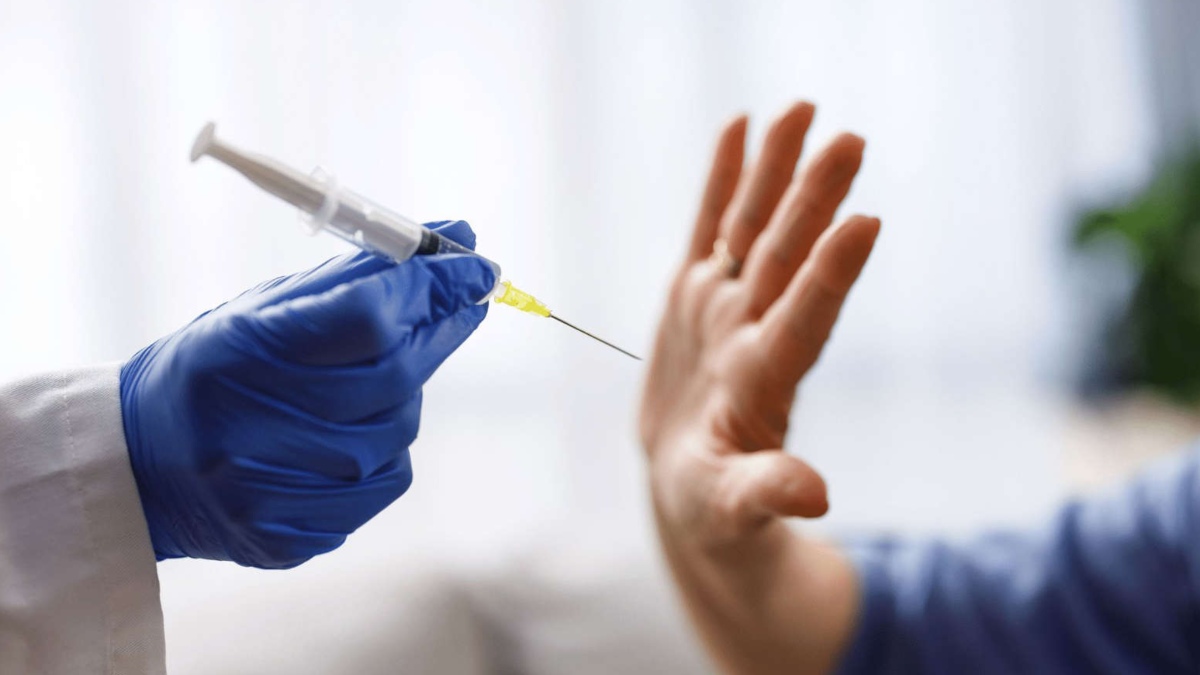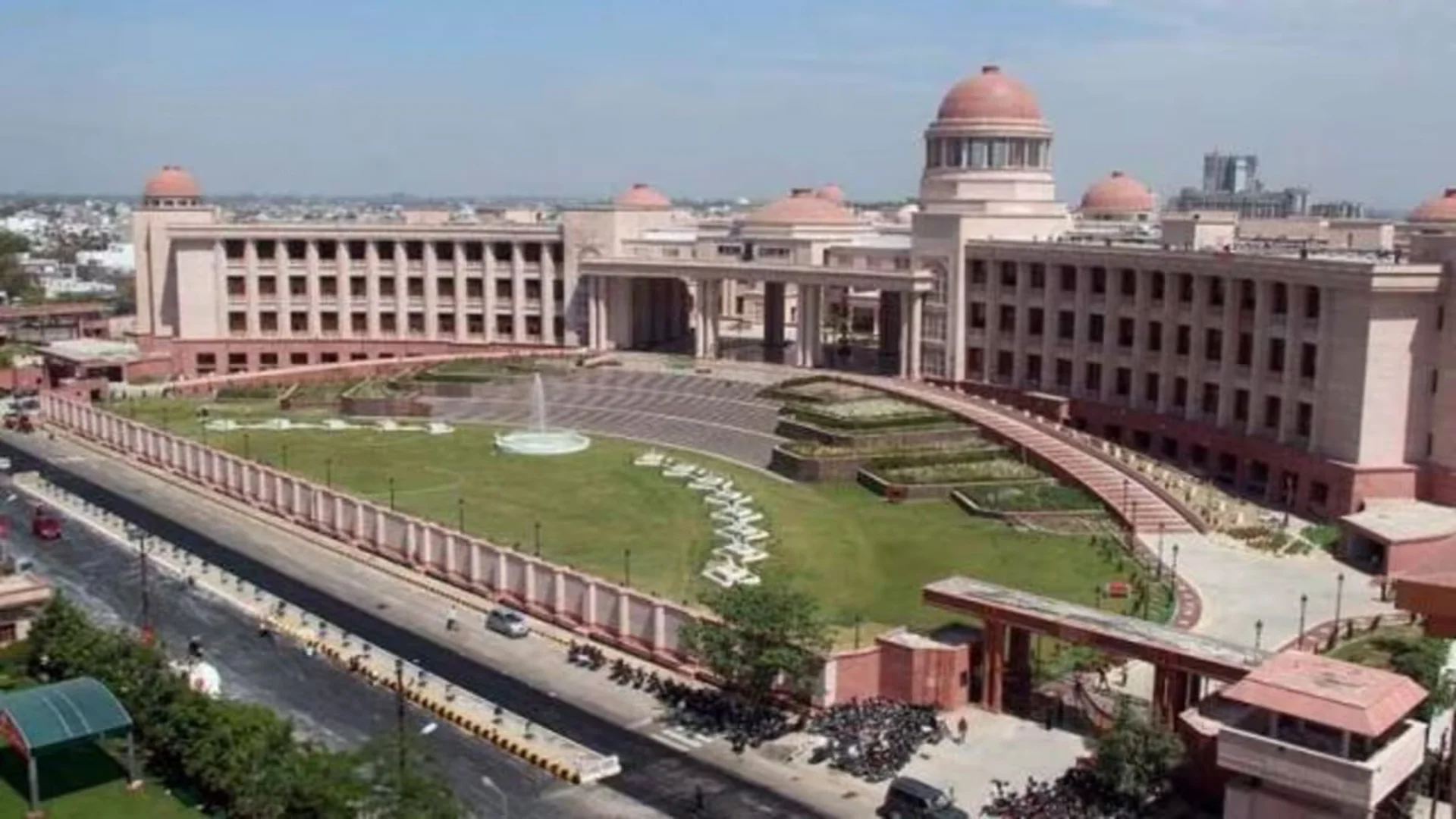
The pandemic can be overcome only with herd immunity — which is achieved either by everyone suffering from the disease or some suffering from it and others getting immunity from the vaccines. Ultimately when 80% of the population has either antibodies from natural disease or vaccination — we can beat the pandemic by herd immunity. To achieve this, vaccine uptake by susceptible individuals is crucial.
Vaccine hesitancy, also known as anti-vaccination or anti-vax, is a reluctance or refusal to be vaccinated or to have someone dependent vaccinated — is becoming a problem especially in the middle of this pandemic, which can delay our fight against the pandemic.In fact, hesitancy has led to a decline in vaccine uptake and an increase in the prevalence of vaccine-preventable diseases. The Covid-19 pandemic has created a new reality where individuals are facing a previously unknown disease and its effects, providing a unique opportunity to investigate vaccine attitudes during a period of heightened disease salience. Unfortunately, there are always going to be some people who will have anxiety and uncertainty with vaccines leading to vaccine hesitancy — but some people have been misguided to become hesitant to vaccinate due to a lot of mis/disinformation.
Vaccine Politics as I call it — for lack of better words — is politics behind the vaccine for Covid-19. If you carefully analyse the events that took place over the last 16 months, vaccine politics has played a significant role in vaccine hesitancy. Be it discrediting vaccines, spreading rumours to fuel vaccine hesitancy, frequently changing position on the vaccine distribution process, deliberately asking for the vaccine to be ‘opened up for all’ despite knowing the government was following a scientific order of priority, everything possible has been done to harm India’s vaccination drive.
At the international level, initially, the Pfizer-Biotech vaccine was licensed in the US — as an emergency use authorisation for political reasons way ahead of schedule than completion of the trial. The initial reports of the adverse effects of the vaccine being highlighted led to a lot of conspiracy theories and vaccine hesitancy. Subsequently, AstraZeneca vaccine faced the wrath of many European countries — for all wrong reasons — as the UK had ordered enough doses first they were supplied first — leading to sanctions/highlighting the adverse effects of clotting — which affected 1:6,00,000 population as opposed to Covid-19 disease itself affecting 1:40 people. Now, in turn, the EU is trying to penalise AstraZeneca by not recognising it as a valid vaccine, especially if it is produced outside the EU?
At the national level, we saw how the Covaxin licensing controversy initially led people to abandon it, as they felt it was “imperfect vaccine” being hastened in licensure due to its “Made in India” issue. It was not until Covieshield (AstraZeneca) controversies in Europe — people started embracing Covaxin after that. This continued for some time and confused people. At the state level, there were accusations that BJP and non-BJP states are being discriminated against with the supply of Covaxin vs Covieshield that further confused people. At the district/hospital levels, there were accusations that corporate chains got more vaccines allotted for various reasons than nursing homes which subsequently meant the government took control of the vaccine distribution and effectively issued a new policy from 21 June 2021.
India launched the world’s largest vaccine drive earlier this year. But even before the rollout could take place, the country witnessed many efforts that began to spread vaccine hesitancy, confuse and mislead the public about the vaccination process. In fact, after months of deliberation and discussions, the government’s advisory group for vaccines has allowed pregnant women to get jabbed. It took almost seven months, precisely on 2 July, to release an operational guideline for vaccinating pregnant women. It included details on educating them about the risks from the vaccines vs the risks of being Covid-positive. Those eligible will be able to get any of the three vaccines currently authorised in India — Covishield, Sputnik V or Covaxin. In my view, vaccinations are among the most important public health tools for reducing the spread and harm caused by dangerous diseases. Despite considerable evidence showing vaccines are safe there is increasing scepticism towards vaccination.
WHY VACCINE HESITANCY
Here are some reasons behind vaccine hesitancy:
1. There are too many rumours about vaccine efficacy. Rumours are nothing but information that is either inaccurate or accurate – with a twisted meaning used in a different context and circulated within a network of people. Ex: Last year, so much information was circulated on social media around steam inhalation + vitamin D, and zinc supplements that it became a standard of treatment by many doctors, many not realising that zinc and vitamin D toxicity could be harmful too. Overuse of steam, inhalation has been blamed for the spread of black fungus by damaging the mucous membranes of people.
2. Misinformation – Inaccurate information. Ex: Last year before the first wave affected India, so much information was propagated about BCG and MMR protecting Indians against Covid-19 that many people came to get BCG and MMR done, only to realise that it was not correct.
3. Disinformation – The misinformation that is specifically designed to achieve an agenda. Ex: A lot of homemade drops and other unproven therapies were being projected as treatments for Covid-19 without proper studies. Ex: Ghee drops into nostrils.
4. Infodemic – What’s happening currently on many WhatsApp groups — an overabundance of information, including mis/disinformation — accompanying this pandemic. Ex: There is so much information recommending steam inhalation, vitamin C, and zinc supplementation — that almost everyone is doing it. This is similar to Hydroxychloroquine prophylaxis last year and the information was so strong that almost everyone took these to “try and protect” themselves.
5. Heuristic behaviour – Heuristics are commonly defined as cognitive shortcuts or rules of thumb that simplify decisions, especially under conditions of uncertainty. They represent a process of substituting a difficult question with an easier one. Ex: The repeated news that certain vaccines can cause a clot in the brain, without mentioning that it is rare and Covid-19 can cause that in 1:40 people, led people to avoid the vaccine.
All these issues led to already confused/infodemic loaded individuals with more confusion and vaccine hesitancy.
WAY FORWARD
Public health leaders may wish to tap medical providers to herald in more vaccine-positive messages, the data showed. Across both vaccine-hesitant and vaccine-enthusiastic adults, clinicians will prove to be the most trusted advisor on the matter. Many hesitant people have high levels of trust in their healthcare providers, which underscores how crucial it is for clinicians to reach out to patients — especially those who have been most impacted by Covid-19 — to explain the benefits of vaccination. We need to continue to ensure that vaccination efforts shall continue to scale up in the weeks ahead and it’s critical that people receive accurate information from people they trust. Our country should adopt a multi-modal communication approach. Very few people in India have access to good quality and affordable healthcare. Many of the vaccine-hesitant adults don’t have a usual source of care (personal clinicians) and many of them are not even insured. We need more targeted outreach so that the benefits of vaccines can be understood.
Herd immunity is the most decisive route to freedom from Covid-19. Thanks to the unprecedented efforts of the scientific community, we finally have a solution: safe and effective vaccines. Experts are estimating that up to 90% of the population need to have antibodies to achieve herd immunity. To reach it, we must see society trusting medical professionals and governments to accept vaccination. We need greater transparency on data and consistent messaging on safety. Despite the science, there is still a section of society that perceives vaccination to be a bigger threat than Covid-19. And India is full of quacks, a lot of people depend on the knowledge of these quacks and suffer. As the Covid-19 pandemic continues to surge worldwide, recent approvals of Covid-19 vaccines raise hope for a light at the end of the long and dark tunnel. In my view, Covid-19 vaccination programs can affect meaningful resolution only with sufficient participation rates to achieve herd immunity.
The writer is Founder Chairman & Neonatologist, Cloudnine Group of Hospitals, Bengaluru. He is also a healthcare delivery graduate from Harvard Business School.















